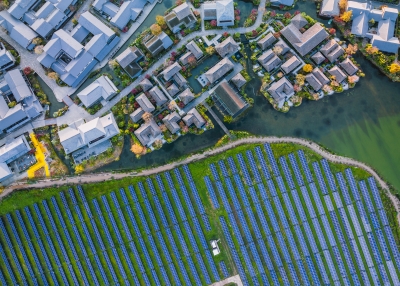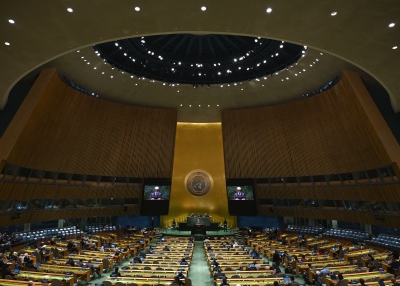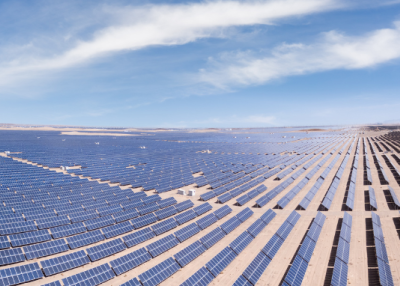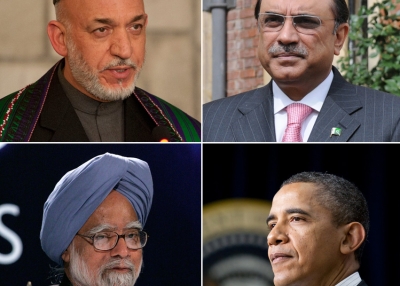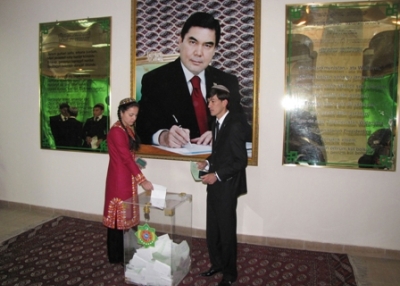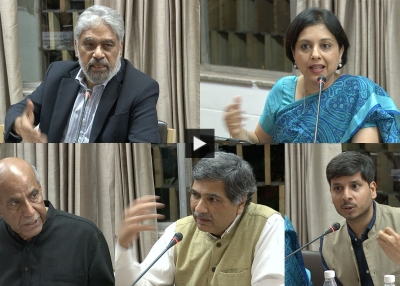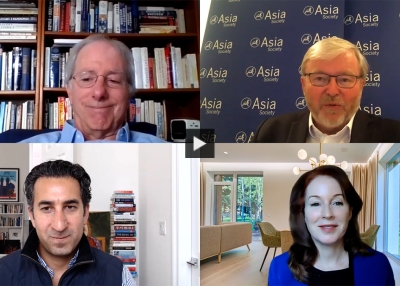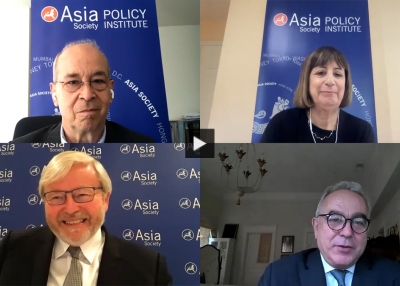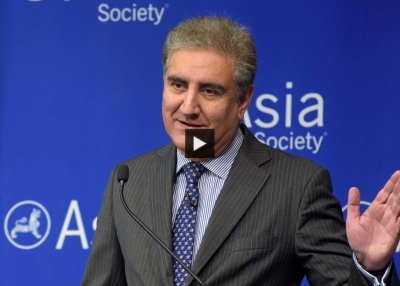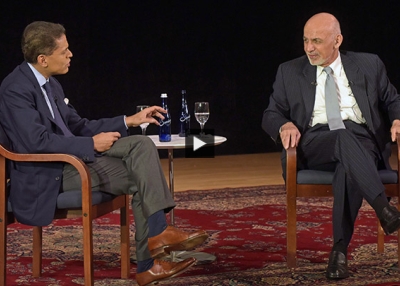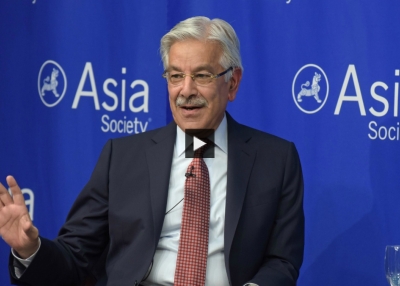
Flickr / Seair21
At the crossroads of multiple civilizations, Afghanistan has long been a point of connection and confrontation for world powers. Today, with a new Afghan state aiming to consolidate control, the country faces tremendous challenges as its deals with internal political instability, rising insurgency, geopolitical competition, and an increasingly fragile economy. Named as a U.S. major non-NATO ally in 2012, Afghanistan is at the nexus of West, Central, and South Asia. ASPI increases understanding of Afghanistan’s role in the region and supports its stabilization and development by hosting policy discussions and providing analysis and expert commentary.
Reports
Videos
Commentary
-
paperFarwa Aamer unravels Pakistan's post-election maze, such as the evolving power dynamics amidst allegations of vote rigging, and explores Pakistan's economic, political, and diplomatic challenges as she sheds light on the path ahead.
-
reportA new report on priorities for Asia to close its climate finance gap and steer towards net zero emissions by mid-century.
-
paperFarwa Aamer recaps the major implications from the 78th United Nations General Assembly for South Asia.
-
articleExperts, including WTO Deputy Director-General Angela Ellard, discuss the way forward on critical trade issues following the postponement of the World Trade Organization 12th Ministerial Conference.
-
Anubhav Gupta writes that Trump's regional strategy for Afghanistan needs to grapple with the reasons the U.S. has failed to change Pakistan's behavior in the past.
-
Trump’s campaign statements and broader foreign policy vision offer a window into his approach on India, and what it could mean for the region.
-
In a spirited discussion at Asia Society’s Washington center, three veteran analysts of Afghanistan and Southwest Asia debated the controversy over the results of Afghanistan’s presidential election.
-
Former State Department official discusses democracy, security, and elections.
-
2013 was a challenging year for India, Pakistan and Afghanistan, and this year could define the fate of the region for years to come. The U.S. can enhance stability by pursuing a regional strategy.
-
Former Iranian nuclear negotiator Hossein Mousavian and Asia Society’s Suzanne DiMaggio offered their views on the interim nuclear agreement between the P5+1 countries and Iran and on the prospects ahead for U.S.-Iran relations.
